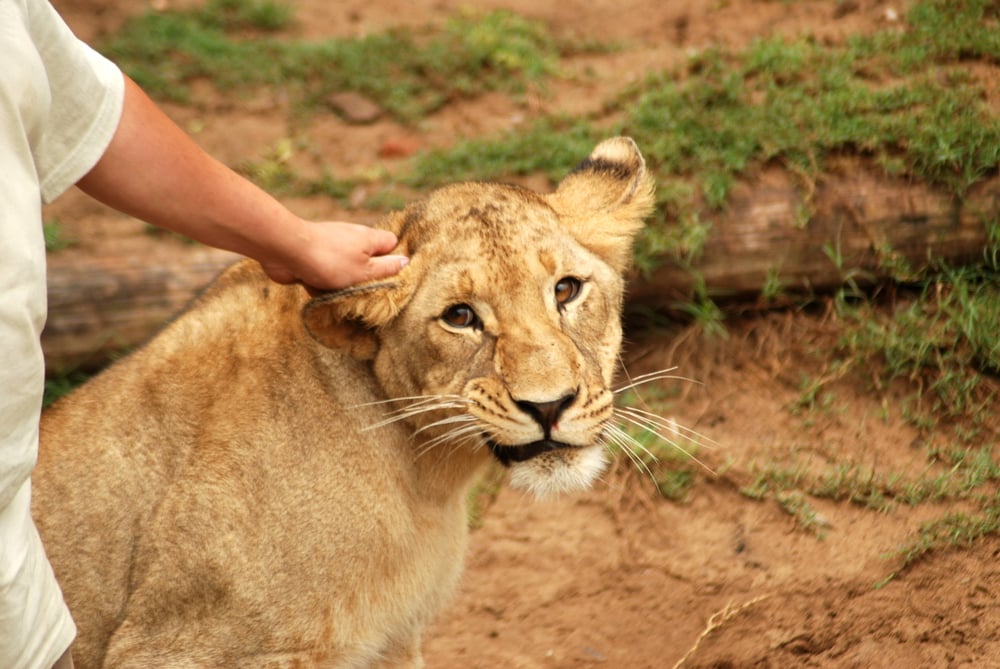Throughout history, humans have had a complex relationship with wild animals—a mix of admiration, fear, and fascination. From the majesty of lions roaming the African savanna to the mysterious allure of sleek foxes in the forests, these creatures inspire awe and curiosity. Yet, as our interactions with the natural world evolve, an important question arises: Is it ethical or even wise to domesticate wild animals? This article explores the multifaceted dimensions of this debate, considering aspects from ethical concerns to practical implications.
The Difference Between Domestication and Taming

To understand the scope of domestication, it’s essential to distinguish it from taming. Domestication is a long process that involves selectively breeding animals over generations to live alongside humans and perform specific roles, like providing companionship or aiding in work. On the other hand, taming refers to conditioning a wild animal to tolerate human presence, which does not alter the animal’s fundamental genetic makeup.
The Ethical Dilemma

One of the profound arguments against the domestication of wild animals centers on ethics. Many animal rights advocates argue that it is unethical to remove animals from their natural habitats and subject them to captivity. Without the freedom to exhibit their natural behaviors, these animals may experience stress, frustration, and a diminished quality of life.
The Impact on Ecosystems
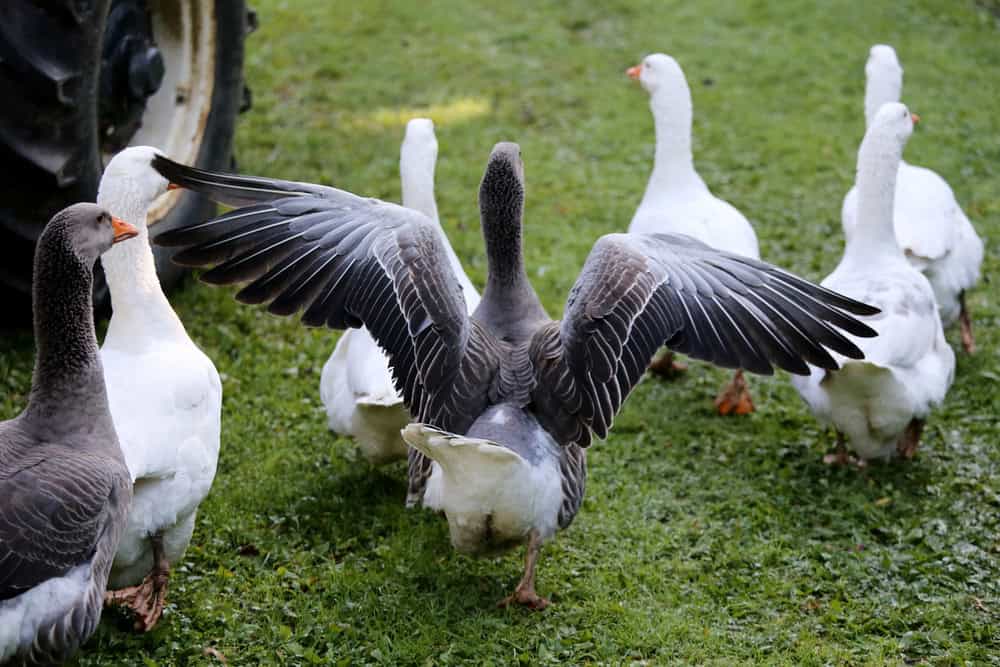
Domestication can have significant repercussions on local ecosystems. Wild animals play specific roles in their habitats, such as controlling populations of other species and contributing to ecological balance. Removing them from their environments can disrupt these natural processes, leading to unforeseen consequences for biodiversity.
Practical Challenges of Domestication

Caring for a wild animal in a domestic setting presents several logistical challenges. Many wild species have specialized dietary, environmental, and social requirements that are difficult to meet outside their natural habitats. Owners may struggle to provide appropriate living conditions, leading to poor health or behavioral issues.
Health Risks to Humans and Animals

The domestication of wild animals can pose health risks. Wild animals may harbor diseases that are transmissible to humans or other domestic animals, raising concerns about zoonotic diseases. Conversely, animals in captivity may also be exposed to diseases that they would not encounter in the wild, potentially harming their health.
Legal Considerations
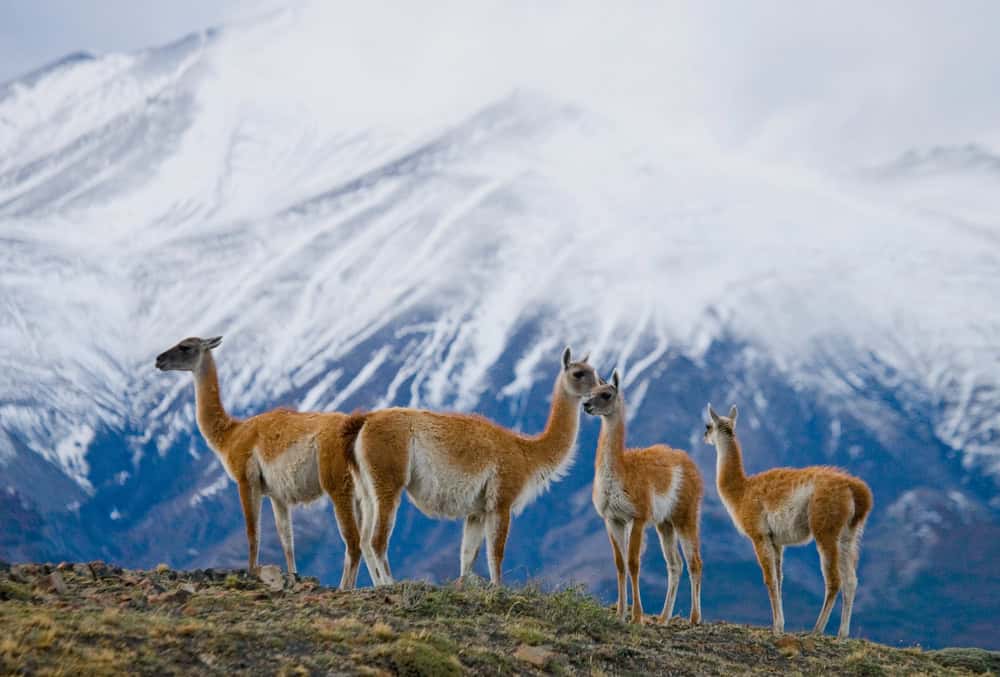
In many regions, laws and regulations strictly govern the ownership and domestication of wild species. These regulations are designed to protect both wildlife populations and public safety. Violating these laws can lead to significant legal repercussions, including fines and the seizure of animals.
Behavioral Challenges
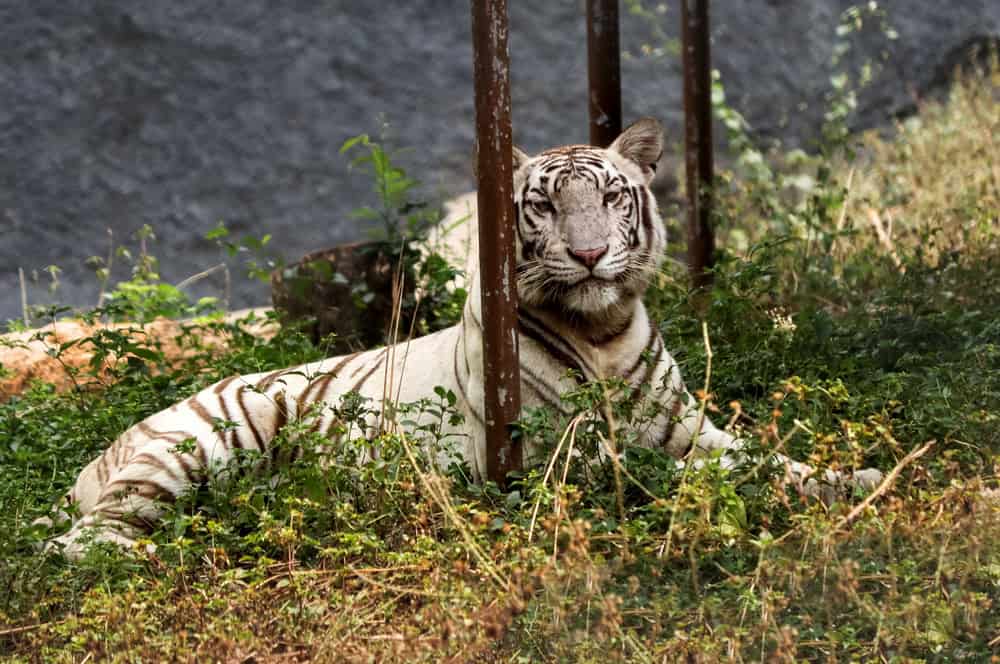
Wild animals have evolved complex behaviors suited to life in their natural surroundings, not within the confines of a home or enclosure. This can lead to potentially dangerous situations if the animal becomes aggressive or unable to adapt its behaviors in domestic settings.
The Bond Between Humans and Animals
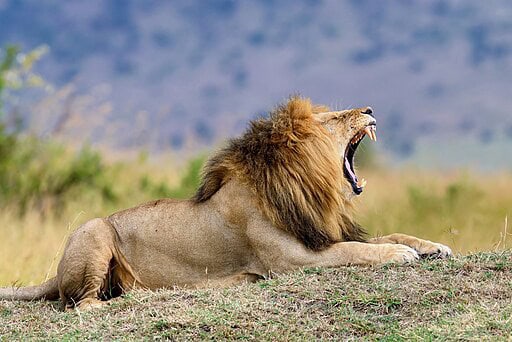
Despite the challenges, some advocates of domestication argue that certain wild animals can form strong, mutually beneficial bonds with humans. These interactions may enhance our understanding of different species and foster a deeper appreciation for wildlife conservation efforts.
Case Study: The Domestication of the Dog

Dogs were among the first animals to be domesticated, with evidence suggesting this relationship spans thousands of years. Selective breeding has given rise to the diversity of dog breeds we see today, each with characteristics that suit various human needs. This successful domestication story offers insights but also serves as a cautionary tale for the complexities involved in such endeavors.
Conservation Over Domestication

Conservationists often advocate for protecting wild animals in their natural habitats rather than attempting to domesticate them. Prioritizing conservation helps maintain ecosystems, preserve biodiversity, and ensure that future generations can experience the beauty of wildlife in its natural state.
Conclusion: A Delicate Balance
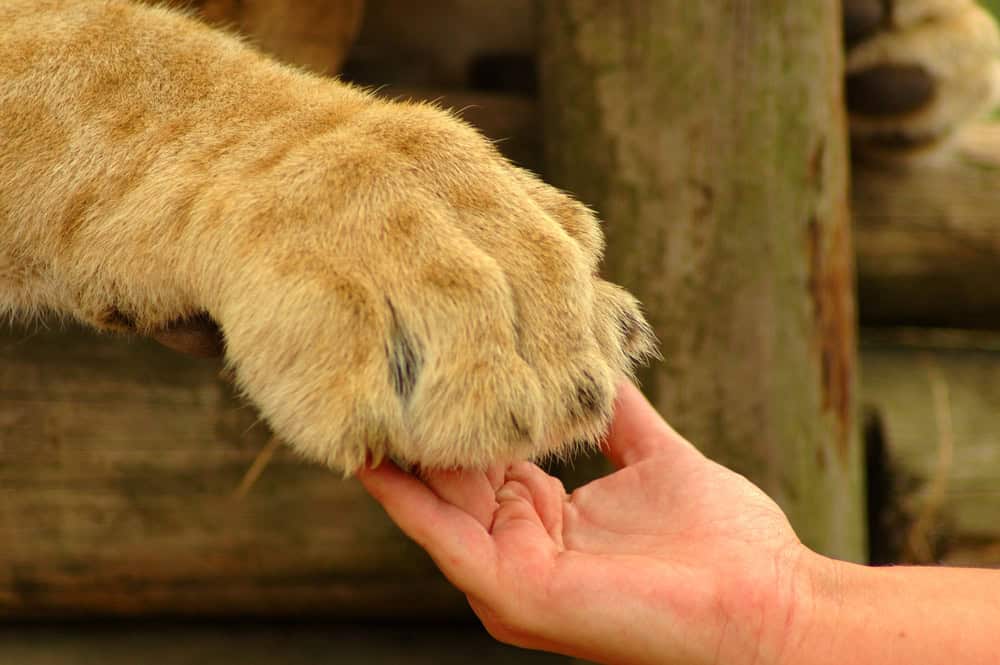
The question of whether it’s okay to domesticate wild animals doesn’t have a straightforward answer. While there are instances where domestication has proven advantageous, the practice often comes with ethical, practical, and ecological challenges. As stewards of the Earth, humans must weigh these factors carefully, prioritizing the well-being of animals and the preservation of natural ecosystems. The allure of wild animals is powerful, but our responsibility to protect their existence in the wild is even more compelling.
- Is It Okay To Domesticate Wild Animals? - August 11, 2025
- The Intelligence of Rhesus Macaques in Lab Research and Nature - August 10, 2025
- How Baby Dolphins Learn Through Play and Mimicry - August 10, 2025

